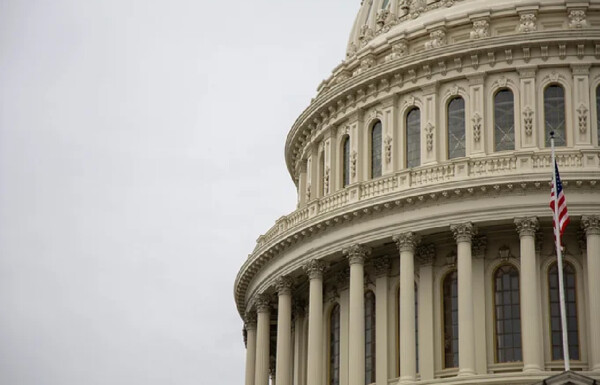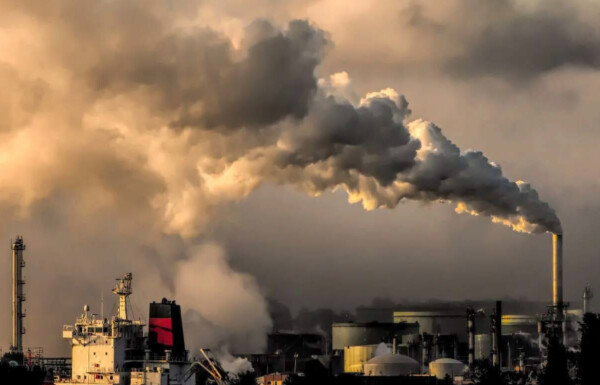USDA Rural State Director Charlene Fernandez, State Senator Brian Fernandez, and Local Leaders Spotlight Arizona’s Climate-Smart Agriculture Investments

(YUMA, AZ) – Today, USDA Rural State Director Charlene Fernandez, State Senator Brian Fernandez (District 23) and State Representative Mariana Sandoval (District 23) joined local agriculture experts to highlight the historic investments included in the Inflation Reduction Act (IRA) to support the state’s farming industry in Yuma.
Thanks to President Biden and climate champions in Arizona’s congressional delegation, the IRA was signed into law one year ago. Now, Yuma-area farmers and rural communities are already reaping the benefits. Included in the IRA was nearly $40 billion for farms and rural communities across the country. These investments will give Yuma-area agricultural producers the resources they need to be part of the climate solution while boosting their economic potential.
Yuma, renowned for its sunny climate and fertile land nurtured by the Colorado River, stands as one of the primary winter vegetable suppliers in the U.S. With an agricultural footprint contributing over $3.2 billion, Yuma plays an instrumental role in Arizona’s $9.2 billion economy.
State Senator Brian Fernandez (District 23) remarked on the economic boom, saying, "The IRA is a game-changing step forward for Arizona’s farmers and rural communities. Through this act, with tens of billions invested nationally in conservation and climate-smart practices, the Yuma region is being given the opportunity to become a leader in sustainable agriculture. At the same time, this is also about bolstering our economy, supporting the 20,000 farm loan program borrowers, and reinforcing Yuma’s position as an agricultural powerhouse."
Highlighting the broader environmental footprint and environmental justice merits, State Representative Mariana Sandoval (District 23) added, "The IRA fortifies Yuma’s agricultural prowess and environmental future, with billions earmarked to promote practices that reduce carbon pollution, water erosion, and fuel use. Just as important, this legislation addresses legacy environmental injustices by giving previously marginalized farmers the tools they need to tap into these resources. This act is both an economic and environmental triumph for Arizona’s agriculture."
Valentin Sierra of Amigo Farms reflected on the significance of the recent investments, saying, "Today farming in Yuma and across Arizona is not only combating the challenges of changing climate but also striving to be part of the climate solution. The IRA funding is a lifeline, helping us transition to more efficient watering methods, boosting energy efficiency, and harnessing renewable energy. As drought continues to put pressure on farmers, resilience funding and drought relief programs are also critically needed help.”
“Investment in agriculture is a foundational key to a sustainable future. The University of Arizona Extension partners with growers to apply research and educate about programs and science to save water, produce food, and create a sustainable future,” said Dr. Ethan Orr, Associate Director, University of Arizona Cooperative Extension. “The USDA Climate Smart Initiative is an essential part of funding and building a better Arizona.”
"Arizona’s agriculture is deeply intertwined with the health of our economy and our communities. A sobering reality is that one in every seven Arizonans struggles with food insecurity,” said Patty Emmert, Director of Resilient Food Systems at Local First Arizona. “The IRA offers an incredible opportunity for Arizona’s rural communities to apply for funding to support farmers and complete long-needed infrastructure projects. We welcome rural, tribal and low-income communities to seek help from our Arizona Economic Recovery Center, which provides free grant-writing services and has secured more than $34 million in state and federal funding for Arizonans so far."
Notably, the Farm Bill – the primary food and agriculture policy instrument in the U.S. – is up for reauthorization this year. As drafts for the new five-year bill emerge, speakers urged lawmakers to enhance investments in climate-smart agriculture



